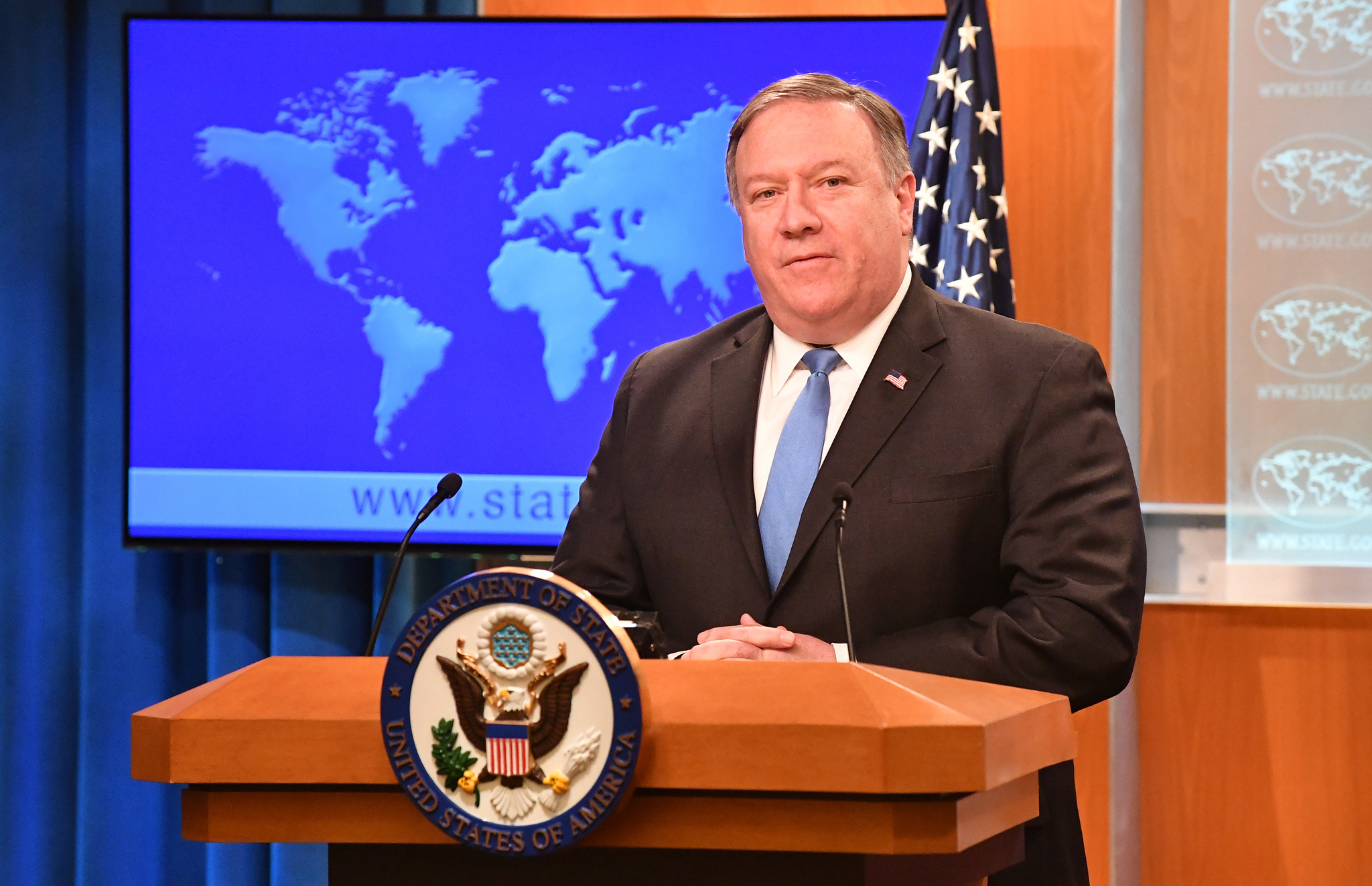Bad Idea: Counting on the Pentagon Audit to Find Waste and Inefficiency
The DoD audit might be worthwhile if it succeeds in finding large amounts of waste and inefficiency. But it won’t and frankly can’t. The audit produced a number of useful findings related to internal controls for information technology and financial reporting. But are these alone sufficient to justify the entire time, effort, and money the audit consumed? Probably not.










